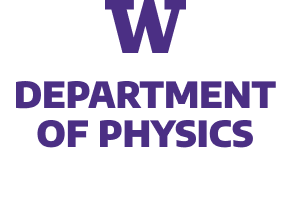The utility of effective model spaces in quantum simulations of non-relativistic quantum many-body systems is explored in the context of the Lipkin-Meshkov-Glick model of interacting fermions. We introduce an iterative hybrid-classical-quantum algorithm, Hamiltonian learning variational quantum eigensolver (HL-VQE), that simultaneously optimizes an effective Hamiltonian, thereby rearranging entanglement into the effective model space, and the associated ground-state wavefunction. HL-VQE is found to provide an exponential improvement in Lipkin-Meshkov-Glick model calculations, compared to a naive truncation without Hamiltonian learning, throughout a significant fraction of the Hilbert space. Quantum simulations are performed to demonstrate the HL-VQE algorithm, using an efficient mapping where the number of qubits scales with the log of the size of the effective model space, rather than the particle number, allowing for the description of large systems with small quantum circuits. Implementations on IBM’s QExperience quantum computers and simulators for 1- and 2-qubit effective model spaces are shown to provide accurate and precise results, reproducing classical predictions. This work constitutes a step in the development of entanglement-driven quantum algorithms for the description of nuclear systems, that leverages the potential of noisy intermediate-scale quantum (NISQ) devices.


